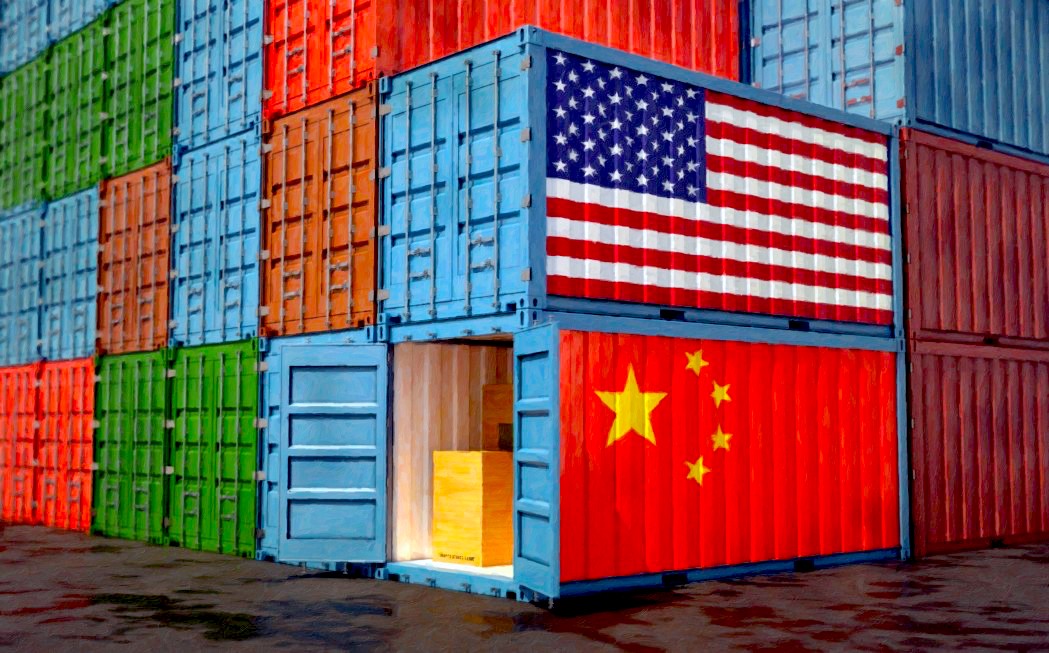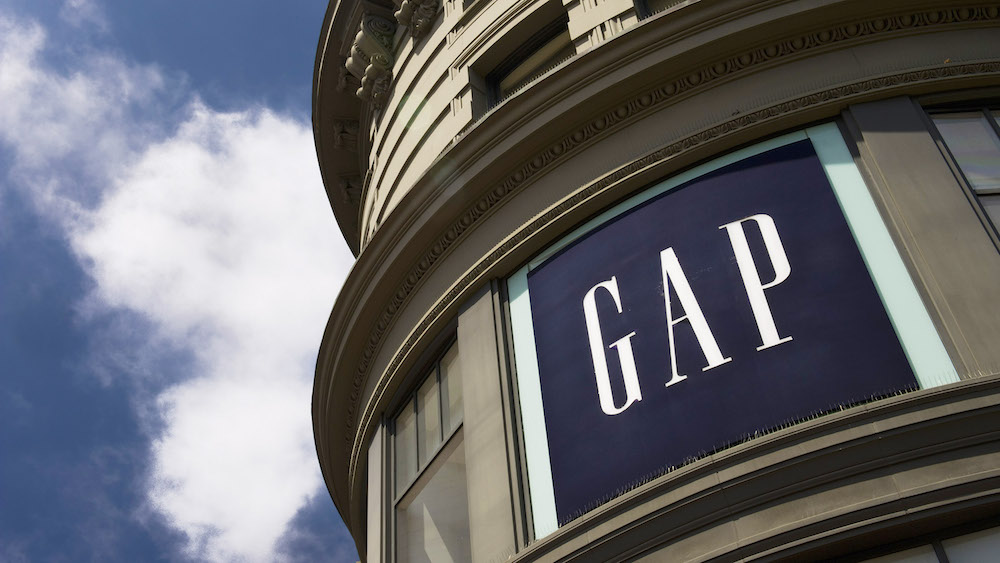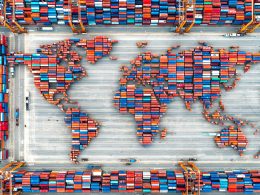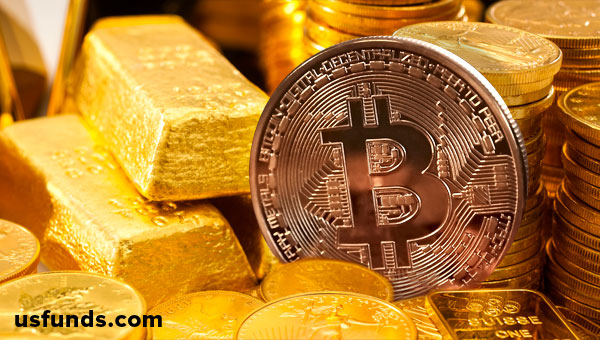by Robert Horrocks, PhD, Chief Investment Officer and Portfolio Manager, Matthews Asia
As we look at emerging from the coronavirus pandemic, it is now becoming clear that there may be some long-lasting impacts to the world that will affect politics, economics and investments. Are we heading towards a world of two asset classes: the U.S. and China?
Read the article: U.S. and China: A World of Two Asset Classes?
It is not as if these two powers weren't already in competition to some extent. After all, we have been living through an extended trade dispute between the U.S. and China—a dispute that seemed to be ending just as the coronavirus hit and has now set the relationship back again. Rhetoric around the virus and how it might have started and who is to blame will only continue to build as the demands of an election year in the U.S. outweigh reality and long-term thinking. And there has generally seemed to be a sense in which the world was simply witnessing the decline of one great power and the rise of another. However, in my mind, there was always a sense in which the world was split into three—with Europe as a cushioning role in the middle. I am not sure, however, that this is the case anymore.
First, Europe's response to the economic effects of lockdowns has been insufficient. The European Central Bank (ECB) was at first reluctant to be anywhere near as aggressive as the U.S. Federal Reserve, or even as aggressive as it had been itself when Mario Draghi was in charge. In addition, the fiscal response, which was arguably even more important than the monetary response, is paltry in comparison to the amounts (both absolute and as a percentage of GDP) committed by countries like the U.S. and Japan. This leaves Europe as a political force in a crisis. The U.K. has already split from the EU and now countries like Italy and Spain—among the hardest hit countries due to the virus—face economic crisis and the prospect of very little help. That help is not yet forthcoming from the EU; it will likely not be forthcoming from the U.S. But it will and already is coming from China. The One Belt One Road initiative, since the crisis, can now be seen even more clearly for the economic diplomacy that it always was. Political parties in Italy are embracing the Chinese as a potential source of spending to emerge from the crisis. Meanwhile, the conversation in the U.S. is about who can be toughest on China and that is likely to mean a recommitment to the region and to geopolitics through military diplomacy rather than investment.
If this trend continues, it is very hard to see how the U.S. emerges from confrontation with China as a winner. For surely, China, as problematic as some of its internal policies are, is winning the diplomacy of global outreach. Fiscal spending on infrastructure—to build what many economies through central Asia and now in the EU itself—and the raw materials that will be consumed (from Latin America, for example) surely has the potential to grow a bigger coalition than threats of trade tariffs and economic sanctions. And if that is the case, then the world will likely split even more decisively into a sphere of influence of the U.S. and a sphere of influence of China. I think it likely that business will follow these trends and investments, too. It's a mischievous thought and I'm taking things too far, but are we heading towards a world of two asset classes: the U.S. and China? U.S. and China are indeed the world's dominant economies, but it's not a zero sum game. Investors need and can benefit from investing in both asset classes.
Robert Horrocks, PhD
Chief Investment Officer and Portfolio Manager
Matthews Asia
The views and information discussed in this report are as of the date of publication, are subject to change and may not reflect current views. The views expressed represent an assessment of market conditions at a specific point in time, are opinions only and should not be relied upon as investment advice regarding a particular investment or markets in general. Such information does not constitute a recommendation to buy or sell specific securities or investment vehicles. Investment involves risk. Investing in international and emerging markets may involve additional risks, such as social and political instability, market illiquidity, exchange-rate fluctuations, a high level of volatility and limited regulation. Past performance is no guarantee of future results. The information contained herein has been derived from sources believed to be reliable and accurate at the time of compilation, but no representation or warranty (express or implied) is made as to the accuracy or completeness of any of this information. Matthews Asia and its affiliates do not accept any liability for losses either direct or consequential caused by the use of this information.
Copyright © Matthews Asia













